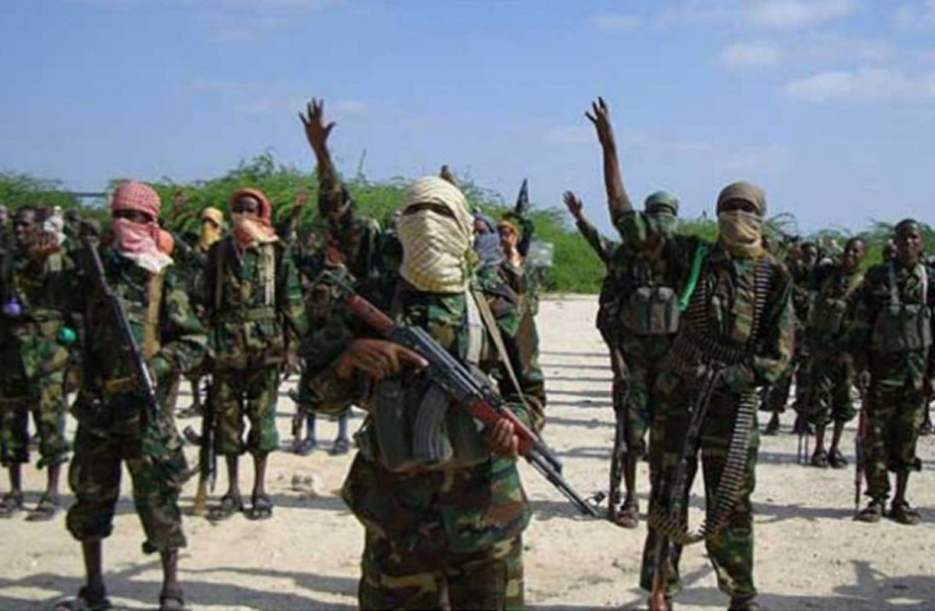
Posted On : Dec 7 2020
ISIS-West Africa: A Persistent Threat to Stability in the Region
ISIS-West Africa, also known as Islamic State West Africa Province (ISWAP), is a faction of the global terrorist organization ISIS that operates in the West African region.

Emerging from the ashes of Boko Haram, ISWAP has established itself as a resilient and deadly force, posing significant challenges to security and stability in the region. This article delves into the origins, activities, and implications of ISIS-West Africa.
Origins and Evolution
ISWAP traces its origins back to Boko Haram, a militant group founded in Nigeria in the early 2000s. In 2016, a faction within Boko Haram split off to pledge allegiance to ISIS, subsequently forming ISIS-West Africa. The breakaway faction was dissatisfied with Boko Haram's leadership and sought closer ties with the global ISIS network. Led by Abu Musab al-Barnawi, ISWAP aims to establish an Islamic caliphate in the West African region.
Activities and Strategies
ISWAP's activities mirror those of other ISIS affiliates, including attacks on security forces, abductions, and suicide bombings. The group has targeted both military and civilian targets, using violence to instil fear and undermine governance structures. Unlike Boko Haram, ISWAP has shown a degree of strategic thinking by focusing on military installations and utilizing guerrilla tactics.
Territorial Control and Regional Impact
ISWAP has sought to control territory in the Lake Chad Basin region, particularly in Nigeria, Niger, Chad, and Cameroon. Its efforts to establish a caliphate mirror those of its predecessor, Boko Haram, but with a more sophisticated approach. The group's control over areas has serious implications for local populations, as it seeks to impose its strict interpretation of Islamic law and disrupt social structures.
Challenges and Counterterrorism Efforts
Efforts to counter ISWAP have been multifaceted, involving regional governments, multinational coalitions, and international partners. The Multinational Joint Task Force (MNJTF), composed of troops from affected countries, has been at the forefront of counterterrorism operations. However, ISWAP's adaptability, territorial fluidity, and ability to exploit local grievances have posed challenges to sustained eradication efforts.
Implications for the Region
The presence of ISIS-West Africa perpetuates instability and insecurity across West Africa. The group's activities exacerbate existing vulnerabilities, including poverty, weak governance, and ethnic tensions. It also fuels internal displacement and hampers economic development, impacting local communities and perpetuating cycles of violence.
Conclusion
ISIS-West Africa's emergence and growth highlight the persistent challenges posed by extremist groups in the region. As ISWAP remains a formidable threat, a comprehensive approach that combines security measures with socio-economic development and governance improvements is essential. By addressing the underlying factors that fuel extremism and violence, the affected countries can work toward creating a more stable and secure environment for their populations.
No Comments Added




















